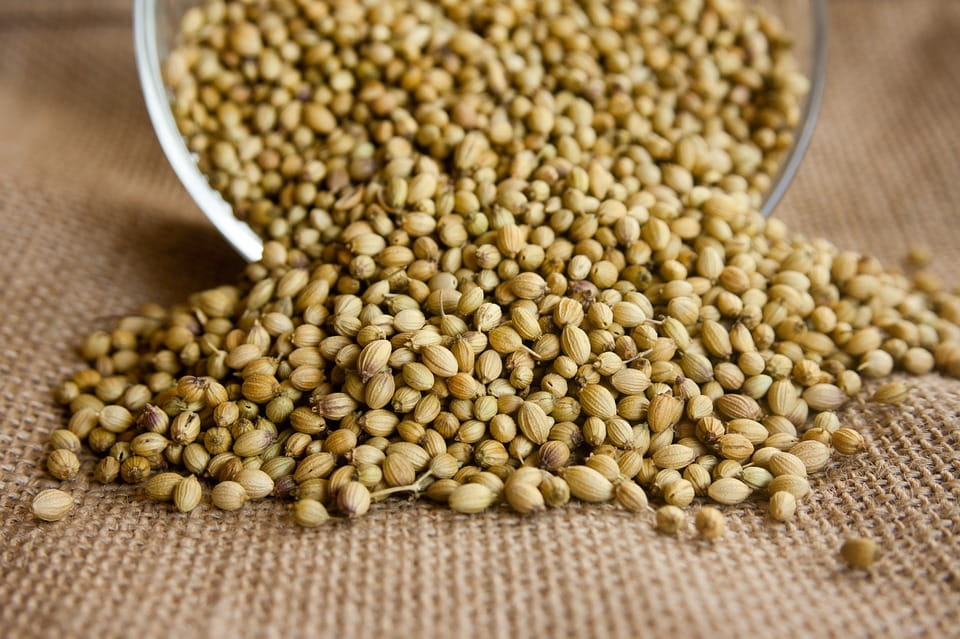May, 2023
MSI Funded Paper - Dill: Potential Health BenefitsMSI Funded Paper: Coriander: Overview of Potential Health Benefits
Singletary, K

May 2016--An overview of the potential health benefits of coriander, funded by the McCormick Science Institute. An evaluation of the research is presented.
Coriander (Coriandrum sativum L.) is a spice obtained from the plant belonging to the family Umbelliferae (Apiaceae). The green, young coriander leaves, also known as cilantro, and the aromatic coriander fruit or seed find uses in curry meat dishes, poultry and seafood dishes, a variety of ethnic foods, puddings, breads, soups, and stews. In traditional remedies, coriander was used for relief of gastrointestinal maladies, although other historical uses included as an aphrodisiac, antibiotic, a remedy for respiratory ailments and pain, and a treatment for loss of appetite and memory. Current uses being investigated include its antioxidant, antimicrobial, diabetes-modulating, and neurological benefits.
Reference
Singletary, K. Coriander: Overview of Potential Health Benefits. Nutrition Today. 2016 May/June: 51(3): 151-161.
View Full Text





